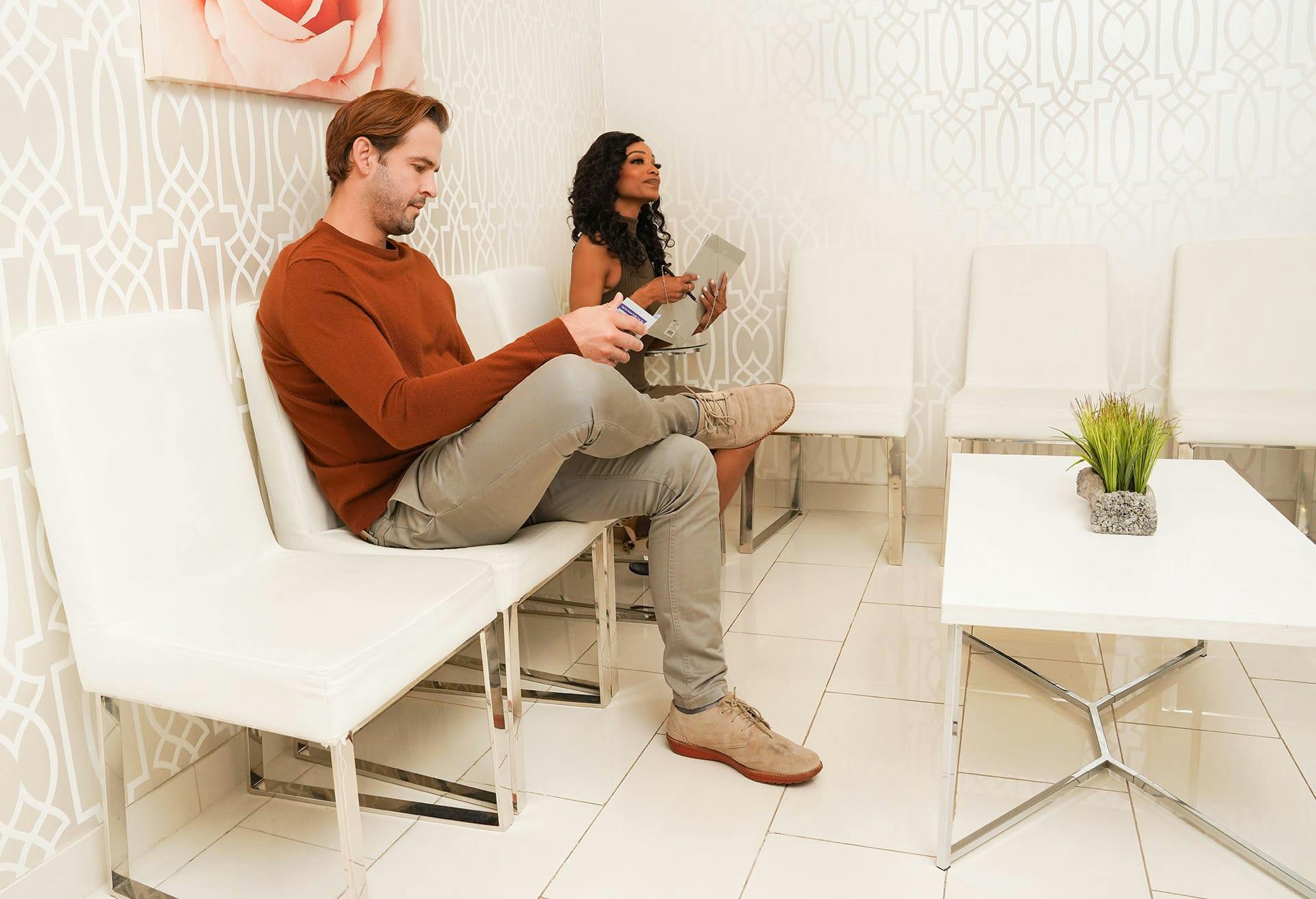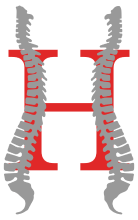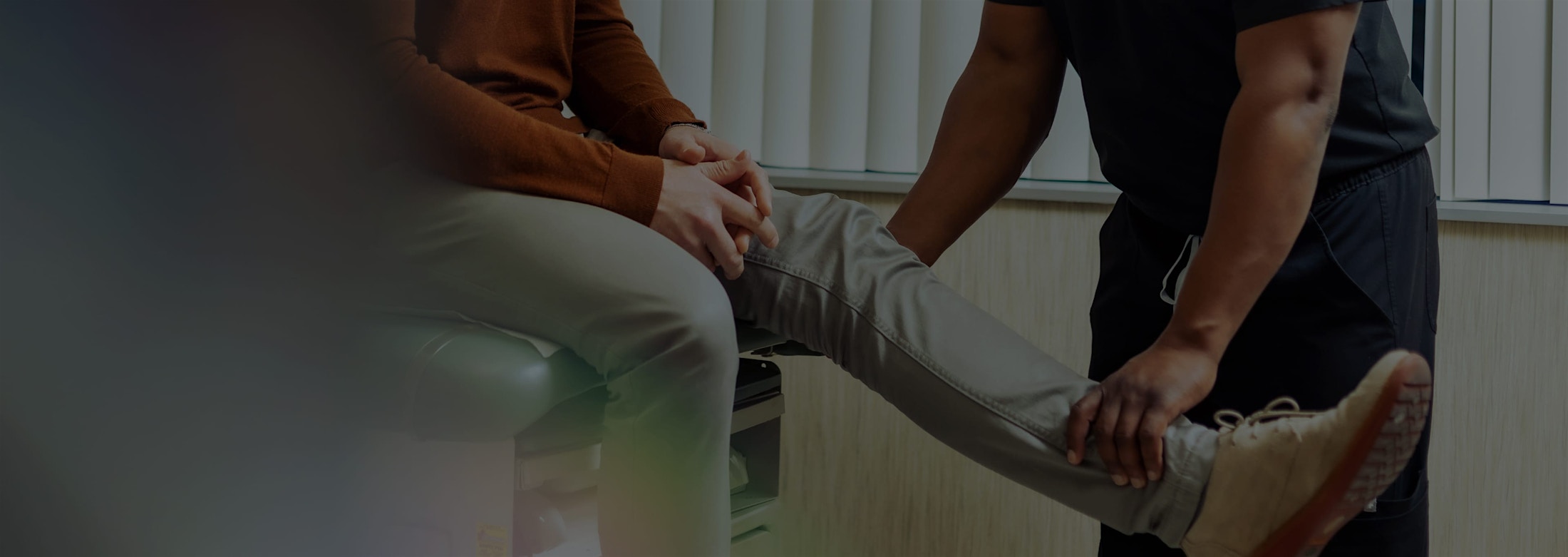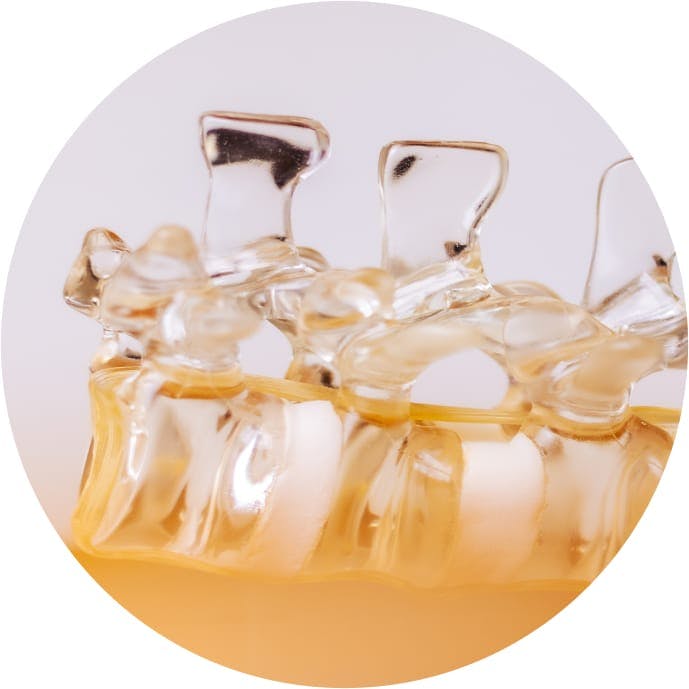It is important to closely follow your surgeon’s instructions for recovery after your back surgery.
Things to Do During Recovery from Back Surgery
- Eat balanced meals.
- Drink plenty of fluids.
- Avoid smoking.
- Avoid drinking alcohol to excess.
- Use lumbar support and maintain proper posture when sitting.
- Do not twist or bend right away. Consult with your doctor about increasing your range of motion during recovery.
- Avoid lifting, pushing, or pulling objects larger than 5 pounds.
- Do not allow constipation to progress more than 2 days without taking a laxative.
- Do not bathe in a tub or swim until your wound is completely healed and you have approval from your doctor to do so.
- Only engage in sexual activity when you feel physically strong enough to do so. Certain positions may be more comfortable than others, and you should stop if it becomes painful.
- Walking is the best activity for the first 6 weeks after surgery.





